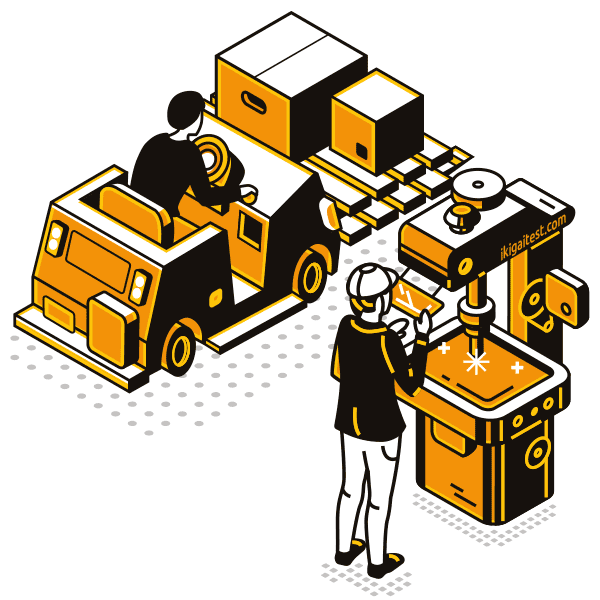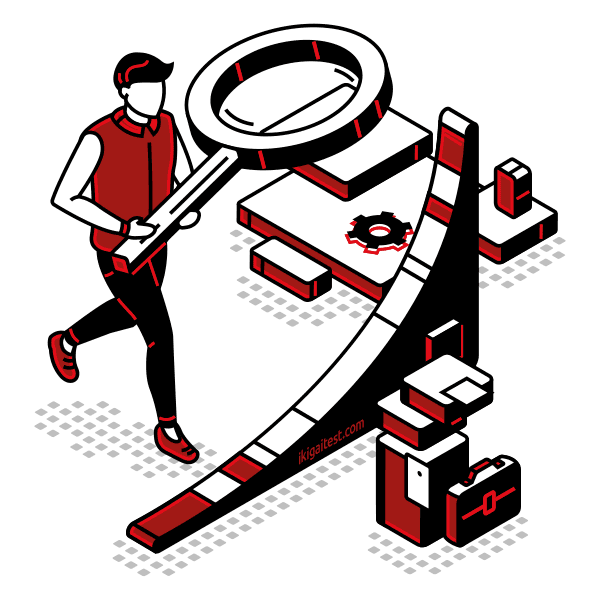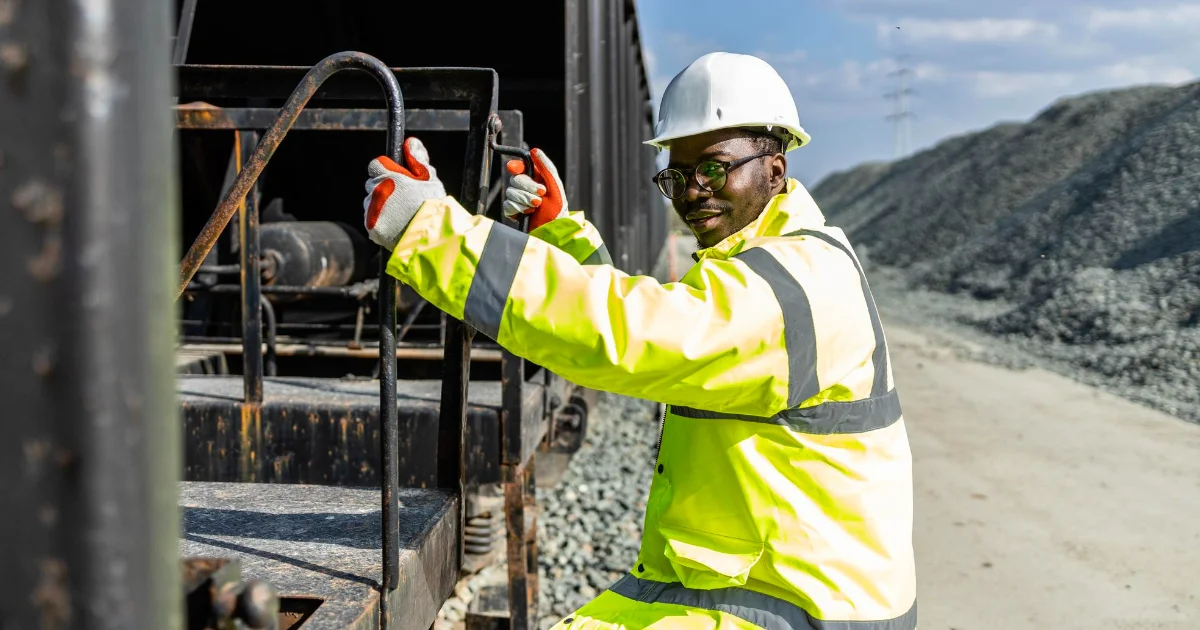Operator

Operators are expected to be good at:
- Using either control mechanisms or direct physical activity to operate manufacturing systems.
- Working with hand operated industrial machines and power tools.
- Adjusting knobs, levers, and physical or touch sensitive buttons in industrial devices.
- Running, maneuvering, navigating, or driving vehicles or mechanized equipment, such as forklifts, passenger vehicles, aircraft, or watercraft.
Inspector

Inspectors should be great at:
- Estimating sizes, distances, and quantities; or determining time, costs, resources, or materials needed to perform a work activity.
- Observing, receiving, and otherwise obtaining information from all relevant sources.
- Identifying information by categorizing, estimating, recognizing differences or similarities, and detecting changes in circumstances or events.
- Inspecting equipment, structures, or materials to identify the cause of errors or other problems or defects.
Other work activities related to Locomotive firers
- Monitoring oil, temperature, and pressure gauges on dashboards for determining if engines are operating safely and efficiently.
- Observing tracks from left sides of locomotives for detecting obstructions on tracks.
- Observing trains’ signals along routes and verifying their meanings for engineers.
- Receiving signals from workers in the rear of the trains and relaying that information to the engineers.
- Signaling other workers for setting brakes and for throwing the tracks’ switches when switching cars from trains to way stations.
- Verifying that the trains are equipped with supplies such as fuel, water, and sand.
- Inspecting locomotives for detecting damaged or worn parts.
- Operating locomotives in emergency situations.
- Starting diesel engines to warm engines before runs.







